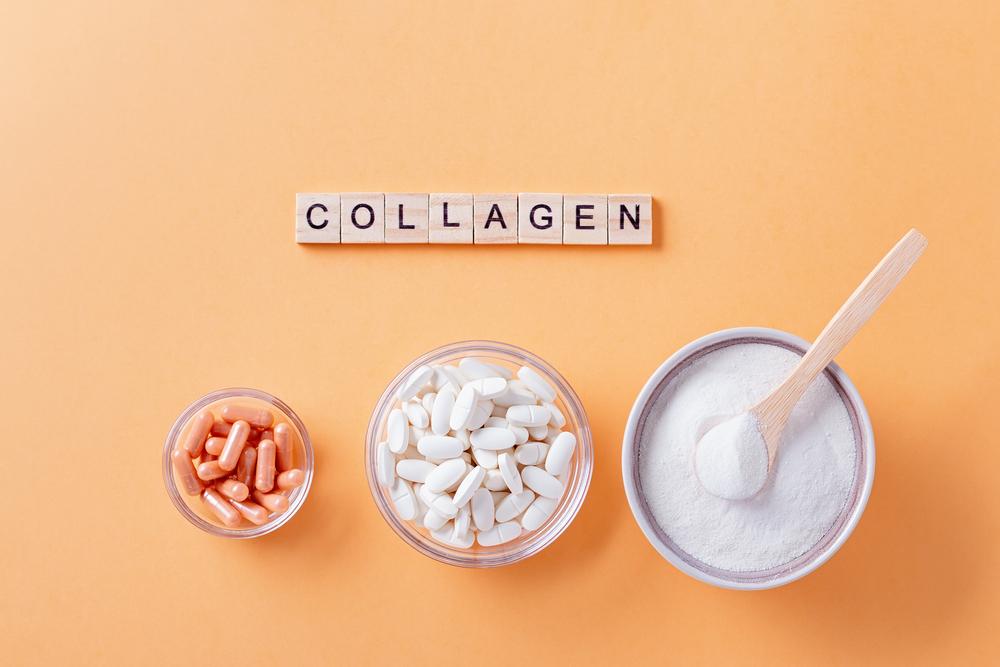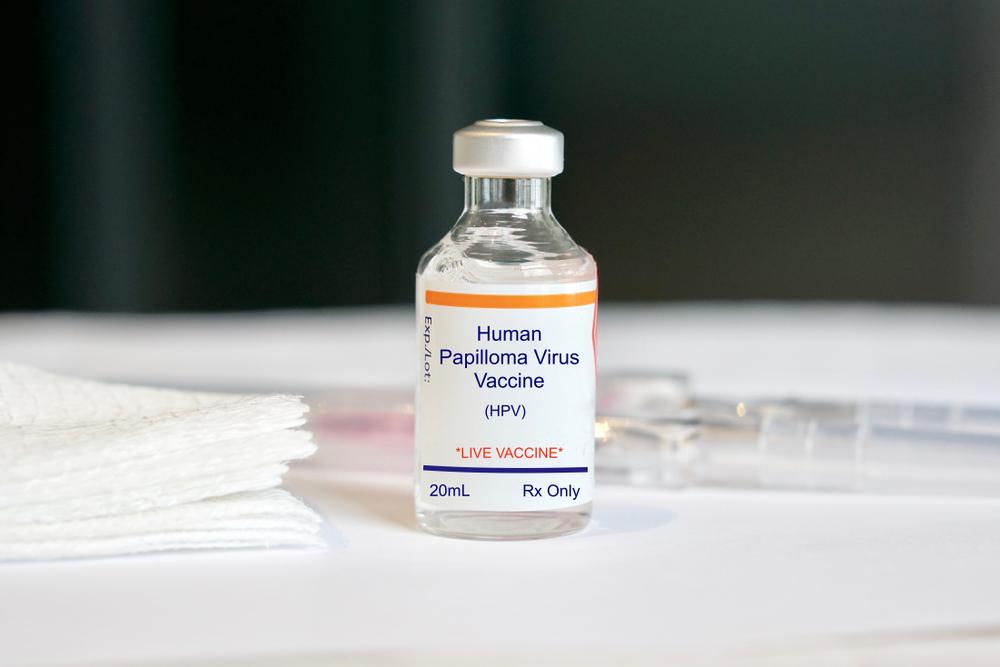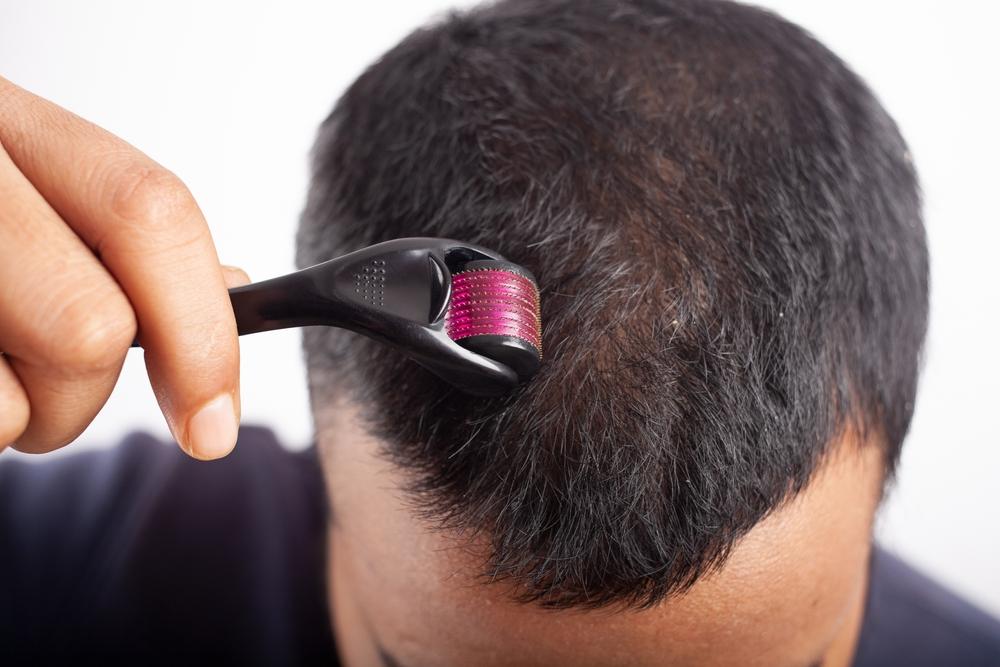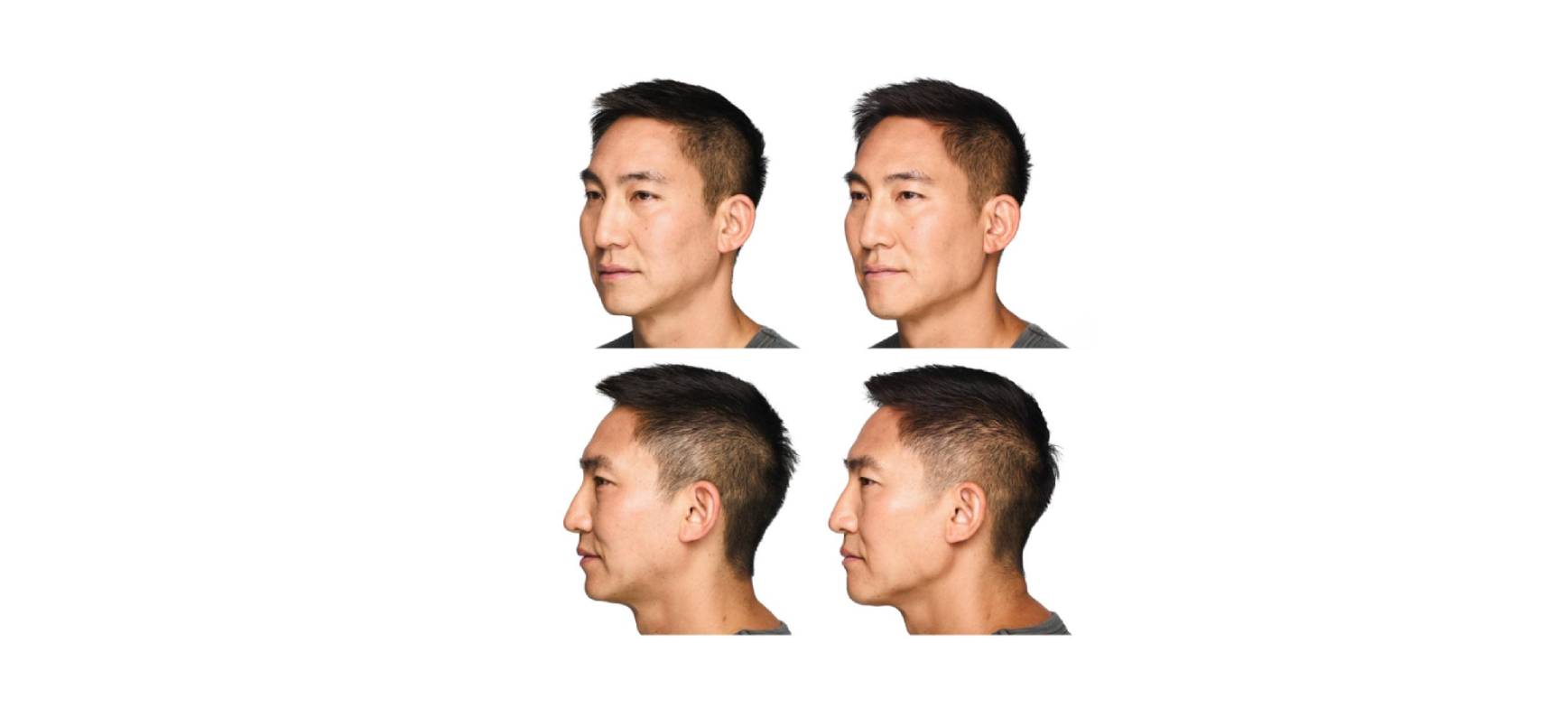Scans of face photos are estimating people’s ‘biological age’ and even predicting how long they’ll live. The FaceAge test is an artificial intelligence model trained on tens of thousands of photos from patients and public-image databases to look for signs of aging in the face. Cancer doctor Raymond Mak and his team ran a study that found that the algorithm did a better job than doctors at predicting how long cancer patients would live. Their hope is that one day, the tool could be a standard part of assessing health. Already, separate versions of face-age tests exist online where anybody can upload a selfie and get an estimate of their biological age. “Your face reflects the wear and tear of your lifetime,” says Mak, a radiation oncologist at Brigham and Women’s Hospital, who co-led the study alongside other Mass General Brigham researchers AI is crossing the line from novelty into tangible patient care throughout medicine, helping doctors make decisions more often. Rapid analysis of chest X-rays is helping to detect Covid-19, for instance, while researchers are experimenting with models to identify Parkinson’s and autism from face photos and videos. These applications offer the promise of better, more efficient care but also raise concerns including over privacy and legal liability for doctors and patients.
A Younger Person
Oncologists often use their perceptions of patients’ health to help evaluate treatment options. When Mak met Lou Magelaner, a 90-year-old lung-cancer patient who normally enjoys playing tennis, mowing his lawn and traveling from Vero Beach, Fla., to Cape Cod, Mass., he thought Magelaner looked much younger than his age. “My gut was like, he’s more like a 70-year-old,” Mak recalls. “I made the decision to treat him like a younger person.” Weeks after starting radiation therapy, Mak uploaded Magelaner’s pretreatment photo to the FaceAge tool, which estimated his biological age at 66. It made Mak feel more confident about his treatment plan. On average, cancer patients looked about five years older than healthy patients and looking older was linked to earlier death, researchers found in a preliminary study of FaceAge. They also used the algorithm’s predictions along with other information, like the patient’s cancer stage and type, to predict more precisely how long a patient would live. The results haven’t yet passed peer review. The researchers say the study is under review by a medical journal. Eventually, tools like this could tell patients when to see a doctor or could help doctors decide on treatments, researchers say. An analysis of a selfie uploaded to a patient’s electronic health record, for example, could detect a smoking habit and recommend lung-cancer screening.
How Old Is Your Face?
The FaceAge test is just being used in research for now, but you can find other consumer tests online already that estimate your biological age based only on a selfie. A free version from longevity company Novos gives a score not only for your overall face, but also for eyes, wrinkles and pores. More than 300,000 people have taken the test, says the company’s chief executive, Chris Mirabile, who hopes people will use it as a motivational tool to improve their health. You can read recommendations for each category, such as cutting back on high-sugar foods. Mirabile takes the test every few months. Most recently, the 40-year-old received scores indicating his overall face looked 34 and his eyes appeared a youthful 26 years. But his facial “uniformity” received a relatively low score of 36 out of 100. One analysis by Chinese researchers of 3-D images of people’s faces found that specific facial features reliably change with age, says Jing-Dong Jackie Han, a computational systems biologist at Peking University in Beijing. She has observed that some changes, such as shrinking of the forehead, appeared consistently across ethnic groups, and others, like drooping of the eyes, were more prevalent in certain groups. By comparing participants’ age predictions to blood-test results, Han and other researchers found that faster aging is correlated with worse health outcomes. “If a person looks younger,” she says, “it’s very likely his or her blood will be young.”
A Ways To Go
These algorithms still need more work and testing before rolling out widely, researchers caution. Certain racial groups are underrepresented in public-image data sets, which often include many photos of wealthy celebrities. That could lead to inaccurate predictions and perpetuate existing health inequalities. And results could be skewed by poor lighting, image quality or plastic surgery. There’s a risk that patients whose face scans predict they don’t have long to live will receive different treatment from doctors, says Nicole Martinez-Martin, an assistant professor at the Stanford Center for Biomedical Ethics. “Once you’ve identified this person as they don’t have as much time left, they start getting treated differently in a way that kind of ensures they’re not getting the resources,” she says.
People who use face-age tests to estimate their biological age should take the results with a grain of salt, says Andrew Beam, associate professor at Harvard and founding editor of NEJM AI, an academic journal that evaluates clinical applications of AI. “When people talk about predicting biological age, the measure itself is very slippery and amorphous and often not very well defined,” says Beam.






